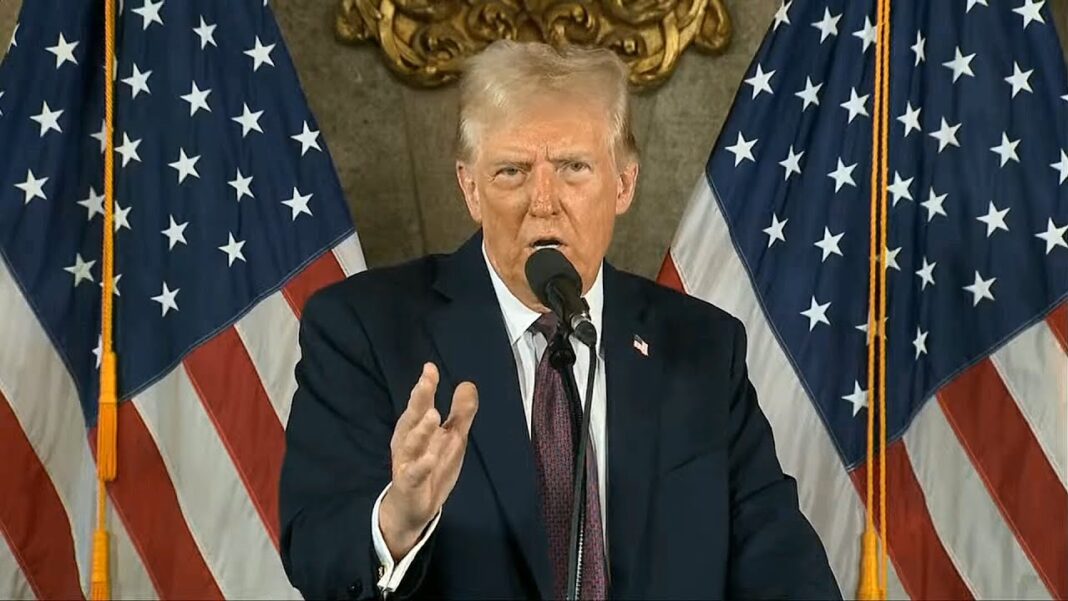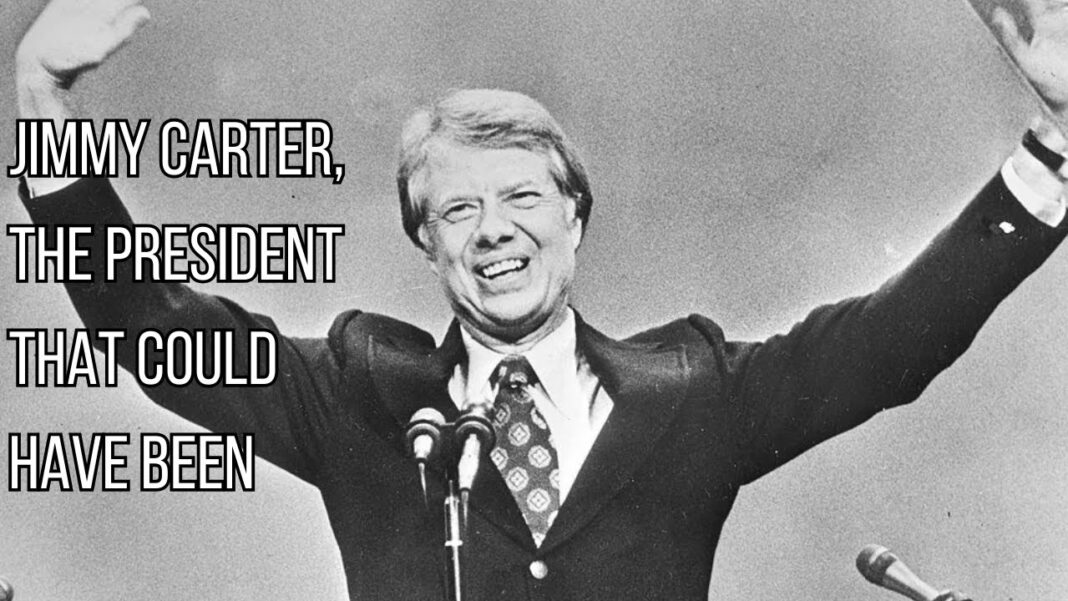The move ends a years-long trend toward more moderation.
Meta has ended its fact-checking program, among other major changes.
Here’s what to know.
‘Too Politically Biased’
Meta introduced the fact-checking program in 2016 after Donald Trump won that year’s presidential election.
After the election, CEO Mark Zuckerberg said he would work with “respected fact-checking organizations” to reduce misinformation on Facebook. Soon after, the fact-checking program was formally unveiled, with the company expressing the belief that “providing more context can help people decide for themselves what to trust and what to share.”
The organizations that were part of the program, including Snopes, were able to analyze posts. If they decided a post contained false information, it would either get flagged, with a fact-check note accompanying it, or removed.
“After Trump first got elected in 2016, the legacy media wrote nonstop about how misinformation was a threat to democracy,” Zuckerberg said in a video on Jan. 7. “We tried, in good faith, to address those concerns without becoming the arbiters of truth, but the fact-checkers have just been too politically biased and have destroyed more trust than they’ve created, especially in the U.S.”
Joel Kaplan, another executive at the company, said in a statement that the program’s intention was to have independent experts give people more information about viral posts so that they could judge for themselves what they read.
“That’s not the way things played out, especially in the United States,” he wrote. “Experts, like everyone else, have their own biases and perspectives. This showed up in the choices some made about what to fact-check and how.
“Over time, we ended up with too much content being fact-checked that people would understand to be legitimate political speech and debate. Our system then attached real consequences in the form of intrusive labels and reduced distribution. A program intended to inform too often became a tool to censor.”
Shift Toward X Model
Meta has been copying some functions of social media platform X, formerly known as Twitter, in recent years. Meta’s Threads, first introduced as a video messaging application, was later retooled to serve as an X-style platform for short bursts of thought. Zuckerberg also rolled out a premium version following Elon Musk’s rollout of Twitter Blue.








